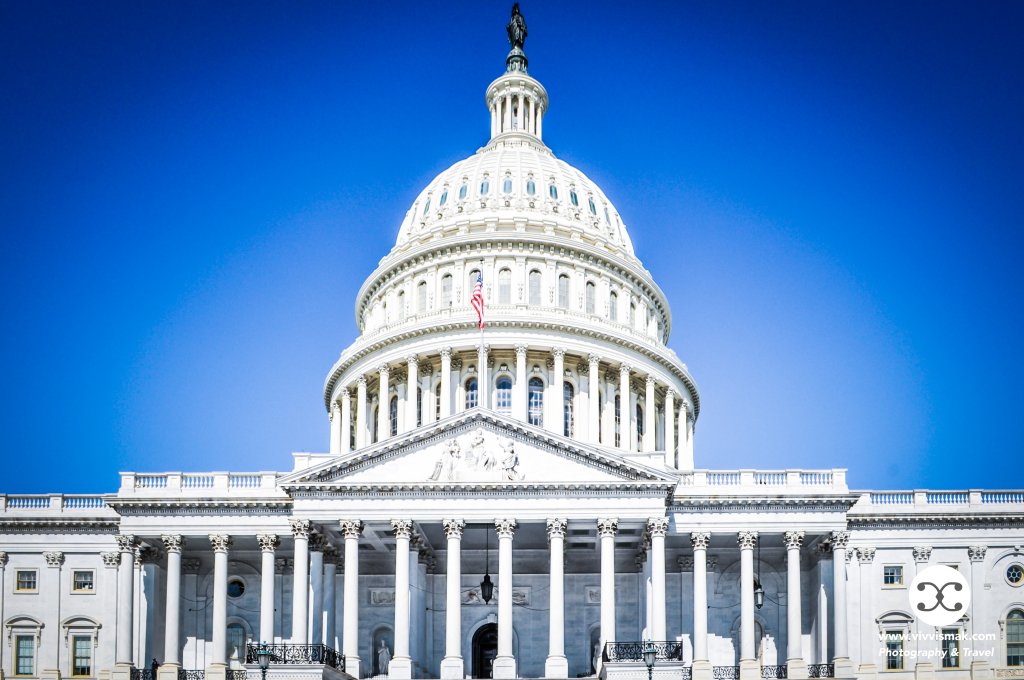For the week ending March 14th
RENEWING SURVEILLANCE AUTHORITY FOR FIVE YEARS: Voting 278 for and 136 against, the House on March 11 approved a five-year extension (HR 6172) of three sections of the Foreign Intelligence Surveillance Act (FISA) that require periodic congressional renewal because of their direct clash with Americans’ civil liberties. One section allows law enforcement to place roving wiretaps on homegrown or foreign terrorist suspects moving about the United States, and another permits government surveillance on U.S. soil of foreign “lone wolf” suspects not linked to terrorist organizations. Under the third section, the Foreign Intelligence Surveillance Court can authorize forever-secret FBI searches of library, bookstore and business records in the United States if the agency shows “reasonable grounds” the targeted information is vital to an ongoing domestic probe of specifically defined foreign-sponsored threats to national security. This authority is rooted in Section 215 of FISA, a law enacted in 1978 and expanded after the attacks of Sept. 11, 2001, to strengthen government powers to detect and prevent terrorist threats to America.
In part, this bill prohibits the use of Section 215 to obtain GPS and cellphone locations; requires most information obtained in Section 215 searches to be destroyed after five years; requires the attorney general to approve in writing FISA warrants issued against elected officials or candidates; expands Civil Liberties Oversight Board powers to monitor abuses in the discharge of the FISA law; allows independent outside reviews of certain FISA court deliberations; restricts the National Security Agency’s already-scaled-back collection of meta data on telecommunications passing through U.S. switching points; and requires the government to disclose within 180 days all substantive opinions by the FISA court.
A yes vote was to send the bill to the Senate.
YES: Xochitl Torres Small, D-2
NO: Deb Haaland, D-1, Ben Ray Luján, D-3
ASSERTING CONGRESSIONAL WAR POWERS: The House on March 11 voted, 227 for and 186 against, to require the administration to obtain advance congressional approval for military actions against Iran or its proxy forces except when there is an imminent threat to the United States, its armed forces or its territories. The bipartisan vote sent the measure (SJ Res 68) to President Trump and his expected veto. The measure invokes the 1973 War Powers Resolution, which asserts the power of Congress to declare war under Article I of the Constitution. Under that Vietnam-era law, presidents must notify Congress within 48 hours when they send the U.S. military into combat, then withdraw the forces within a set period unless Congress has authorized the action.
A yes vote was to send the measure to the White House.
YES: Haaland, Torres Small, Luján
APPROVING CORONAVIRUS RELIEF AND ECONOMIC STIMULUS: Voting 363 for and 40 against, the House on March 14 approved tens of billions of dollars in stimulus and safety-net spending to cushion the economic and social impacts of the coronavirus pandemic on individuals, families and mainly small and medium size businesses in the United States. The bill (HR 6201) would appropriate $1 billion to provide free virus testing for all who request it, from the uninsured to Medicaid and Medicare recipients to individuals with private medical insurance; $1 billion to expand food stamps, nutrition programs for the poor and meals programs for seniors and K-12 students whose schools were closed; and $1 billion to expand state-federal unemployment benefits while delivering the checks more promptly. The bill also would fund a 6.2 percent increase in Medicaid payments to states, grant liability protections to manufacturers of respiratory masks and delay filing deadlines for certain business and personal tax returns. In addition, the bill would authorize two weeks’ paid sick leave and up to three weeks’ paid medical and family leave through December to individuals and households affected by the coronavirus crisis, using tax credits to fully reimburse qualified employers for the cost of providing the leave. Leave payments would have to be at least two-thirds of normal levels. Government employees would receive equivalent leave benefits.
A yes vote was to send the bill to the Senate.
YES: Haaland, Torres Small, Luján
KILLING ADMINISTRATION RULE ON STUDENTLOAN FORGIVENESS: Voting 53 for and 42 against, the Senate on March 11 joined the House in nullifying a Trump administration rule on debt-forgiveness sought by more than 200,000 federal student-loan borrowers who allege that their school fraudulently misrepresented the quality of education they would receive. The borrowers’ claims have been lodged mainly against for-profit schools such as the ITT Technical Institute and Corinthian Colleges that abruptly went out of business, leaving them with steep debt but no degree and curtailed earning power. Critics said the Trump rule would provide debt forgiveness to only 3% of claimants. But Education Secretary Betsy DeVos said in congressional testimony it would correct the “blanket forgiveness” of an Obama administration rule it replaced. The new rule bars class-action lawsuits against schools and requires claims to be adjudicated one-by-one by mandatory arbitration rather than in open court, with borrowers prohibited from appealing the decision. The rule sets a standard of evidence requiring borrowers to prove the fraud was intentional.
A yes vote was to send HJ Res 76 to the White House.
YES: Tom Udall, D, Martin Heinrich, D
HOUSE Deb Haaland (D) Ben Ray Luján (D) Xochitl Torres Small (D)
SENATE Martin Heinrich (D) Tom Udall (D)
Contact your legislators at the U.S. Capitol
Zip codes: House 20515, Senate 20510
Capitol operator: (202) 224-3121
Courtesy of Voterama In Congress © 2020 Thomas Reports Inc.

